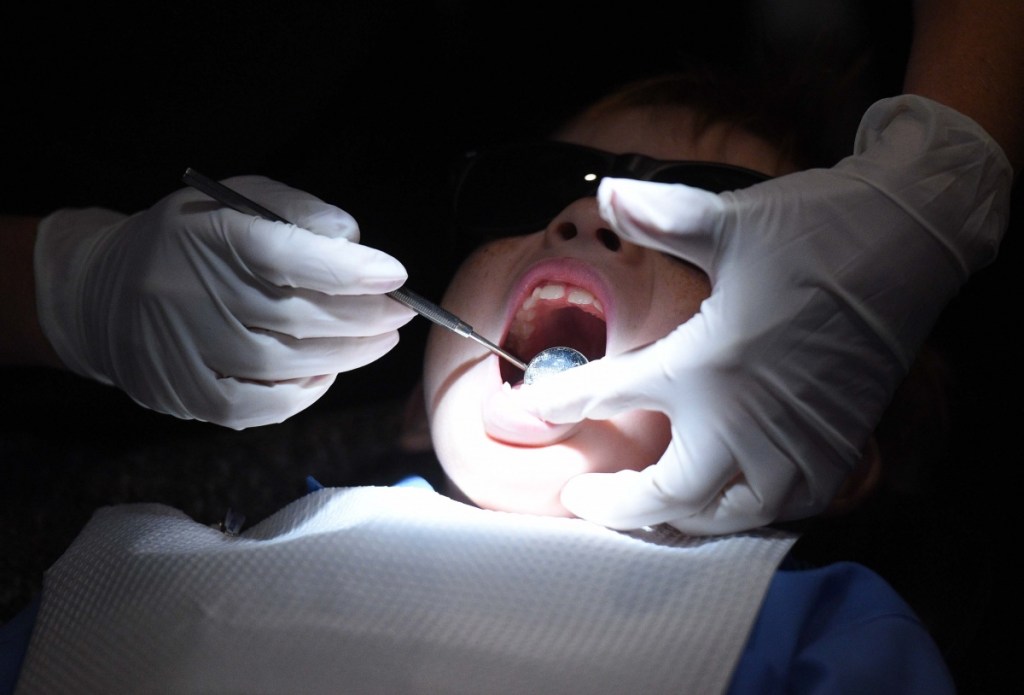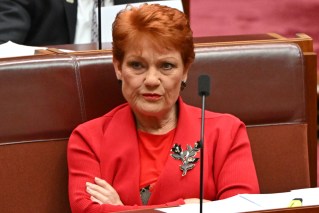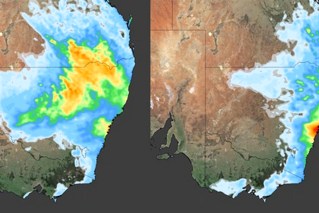Medicare is suffering from a ‘midlife crisis’ before its 40th birthday


Medicare may be celebrating its 40th anniversary, but it is need of an update, health experts say. Photo: Getty
Australians are “lucky” to be celebrating Medicare’s 40th anniversary, but plenty of work remains to ensure the universal health scheme is fit for modern and future Australia, a health policy expert says.
Health Minister Mark Butler said on Monday that while the system was under “very real pressure”, it was important to recognise the quality of Australia’s healthcare system and Medicare.
“Strengthening Medicare was a central feature of our budget last May, with more than $6 billion of new initiatives funded through that budget,” he said.
But Peter Breadon, health program director at the Grattan Institute, said while Australia was lucky to have Medicare, there was much to improve.
“It has done a good job over the decades by providing more equal access to care that we wouldn’t have without it,” he said.
“It’s in a bit of a midlife crisis. It needs substantial change.”
Breadon said Medicare was designed at a time when people were more likely to seek care for injuries and infection rather than chronic disease.
“Today, people are living longer and half of us live with chronic disease,” he said.
“Some things were left out of Medicare from the start, most importantly dental.”
Eight in 10 people in Australia have had at least one long-term health condition and one in two have had at least one chronic condition, the 2022 census found.
Breadon said the Albanese government had started to act to resolve the problems, but there was much to do to ensure Medicare was secured for the future.
“Currently, the funding model incentivises short appointments, the shorter the better for the GP,” he said.
“At the same time, the complexity of patients and disease has gotten greater, leading to a real mismatch.”
Bulk-billing rates have steadily dropped since just before the pandemic, but Breadon said there was another issue that needed serious attention.
“The variation in bulk billing in different parts of Australia – that was really severe even when bulk billing rates were going up,” he said.

Bob Hawke’s government introduced Medicare after a previous universal health scheme was repealed. Photo: AAP
“The aggregate bulk-billing rate is a concern, but the discrepancies in bulk billing across Australia are a much more enduring and bigger problem.”
Medicare was launched in 1984 by the Hawke government, reintroducing extended healthcare coverage previously legislated by the Whitlam government and repealed when Labor lost government.
The Liberal opposition threatened to repeal Medicare up until the 1990s, but it has become politically untenable to oppose it.
Butler said Medicare was a “defining fault line”.
“Both times that the Labor government sought to introduce universal health insurance, first Whitlam in Medibank and then Hawke in Medicare, our party faced very strong opposition,” he said.
“Before Medicare, it’s important to remember that individual healthcare bills were the No.1 cause of personal bankruptcies.”
The future
Breadon pointed to the gap between high- and low-income earners receiving dental care as an example of how medical treatment would work without it.
“You would see many other kinds of care with those kinds of problems, with people not being unable to get the care they need,” he said.
“We should be glad we’ve got it, but it does need to change.”

Dental care has never been included in Medicare. Photo: AAP
Health experts have spoken for years about the need for more funding and reform to the scheme – following funding cuts and indexation freezes under Liberal governments – and Breadon said he hoped dental coverage was added to Medicare and a more flexible funding model was introduced.
“Other systems are much more sophisticated about giving a bigger budget to those patients who need more care because of clinical and social risk factors,” he said.
“There’s been some encouraging signs that it may be changing, but it’s obviously got a long way to go.”








